
Obesity affects more than 40% of people age 60 and older. The new class of weight-loss medications (including Ozempic, Wegovy, and Mounjaro) may be a powerful tool to spur weight loss and reduce the health risks of excess weight, including cardiovascular disease and premature death. But that depends on what your doctor advises. Physicians are prescribing the drugs to seniors, but they warn they might not be right for everyone, and once you're taking the medications, there are special factors seniors should be aware of and vigilantly monitor. These are 11 things seniors need to know about Ozempic and other weight loss drugs.
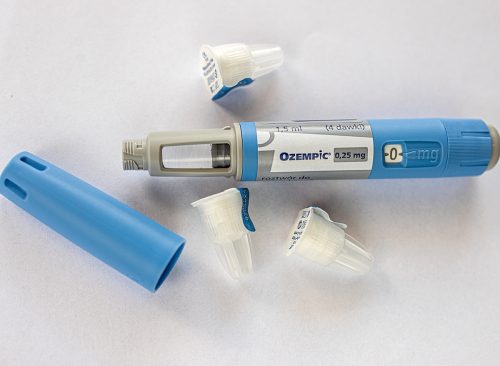
The Food and Drug Administration approved Ozempic, an injectable semaglutide, to treat diabetes in 2017. Wegovy, which has the same ingredients as Ozempic, was approved in 2021. Mounjaro (tirzepatide) was approved as a diabetes treatment in 2022. Several other drugs are being developed. The drugs work more or less in the same way: They target receptors in the brain to reduce feelings of hunger and generate a sensation of fullness. Studies have shown they help people lose 15% or more of their weight, on average.

These weight-loss drugs appear to be safe, the Washington Post reports. The most common side effects are nausea, diarrhea, vomiting, constipation, and stomach pain. However, "they've only been on the market for a few years and caution is still needed," said Mitchell Lazar, founding director of the Institute for Diabetes, Obesity and Metabolism at the University of Pennsylvania Perelman School of Medicine.

In clinical trials of semaglutide, people 65 and older were more likely to experience gastrointestinal side effects like nausea and vomiting than younger people, the New York Times reports. They were also more likely to stop taking the medications because of side effects. Fatigue is a common side effect of weight-loss drugs. It can be even more pronounced in older adults. That can be caused by not eating enough. When people lose a large amount of weight, their blood pressure can drop, leading to dizziness and tiredness.

Medicare doesn't cover weight-loss medications, and the drugs can cost $10,000 or more per year. This limits seniors' ability to access them. "We need Medicare to cover these drugs," Shauna Matilda Assadzandi, a geriatrician at the University of Pittsburgh, told the Washington Post. But that may be an uphill battle. If all older obese adults on Medicare took brand-name weight-loss drugs, the cost would exceed the total spent on Medicare's Part D drug program, which was $145 billion in 2019.
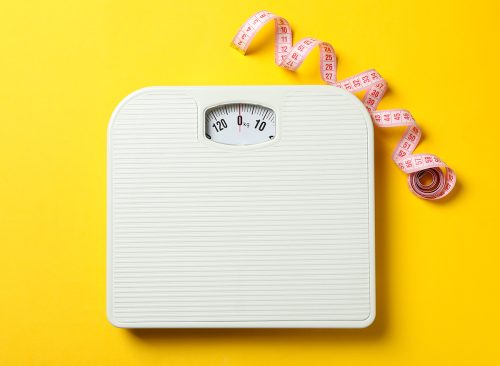
The medications are recommended for people with a body mass index above 30 (the World Health Organization's definition of "obese") and those with a BMI of 27 or above and at least one obesity-related condition, such as diabetes, high blood pressure or high cholesterol.
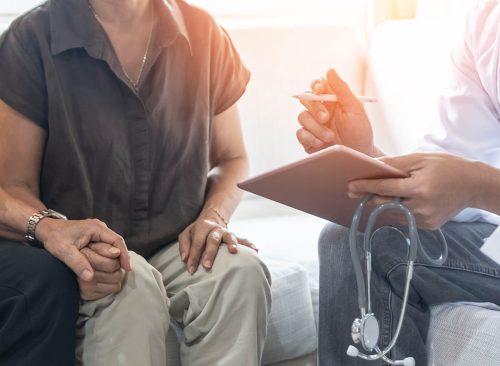
When adults with obesity lose weight, their risk of dying is reduced by up to 15 percent.

In seniors who are prescribed weight loss drugs, losing muscle mass is a concern, which happens naturally with age. To preserve muscle mass, experts say seniors who are losing weight should engage in aerobic exercise and strength training, experts agree. Older adults should also watch their nutrient balance as they eat less. "it's critically important that their diet includes adequate protein and calcium to preserve bone and muscle mass," Anne Newman, director of the Center for Aging and Population Health at the University of Pittsburgh, told the Washington Post. Dr. Scott Hagan, an assistant professor of medicine at the University of Washington, recommends that patients taking weight-loss medication like Wegovy or Ozempic consume at least 100 grams of protein per day.

Generally, older adults who are on weight-loss medications should aim to lose 1 to 2 pounds a week via diet and exercise, experts say.
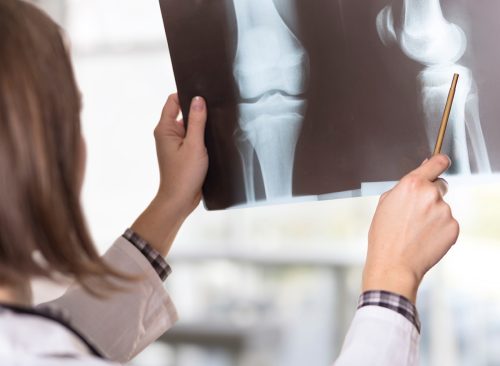
People who have osteoporosis—which affects about 20 percent of women 50 and older in the United States—or are prone to it need to be careful with weight-loss medications, Hagan told the Times. Rapid weight loss can make bones less dense.

"Weight loss, whether it is from diet, exercise, surgery, or a medication, takes toll on your face," said Dr. Joshua Zeichner, a board-certified dermatologist and director of cosmetic and clinical research in dermatology at Mount Sinai Hospital in New York City. "Fat in the face helps us maintain a naturally youthful appearance. When you lose facial fat, the face often appears gaunt and skeletonized."
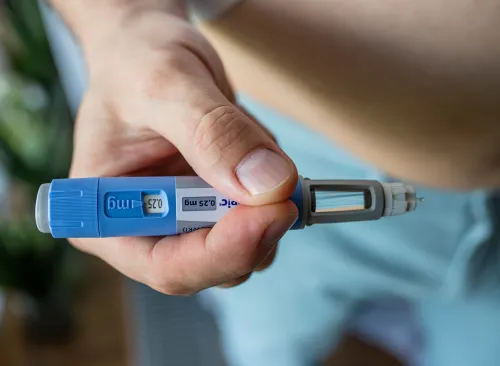
Doctors may prescribe lower doses of weight-loss medications for adults over 60 to reduce side effects and slow weight loss. "Folks should reorient their expectations and not try to get to the body weight they were when they were 18," Dr. Andrew Kraftson, a clinical associate professor at Michigan Medicine, told the Times.














